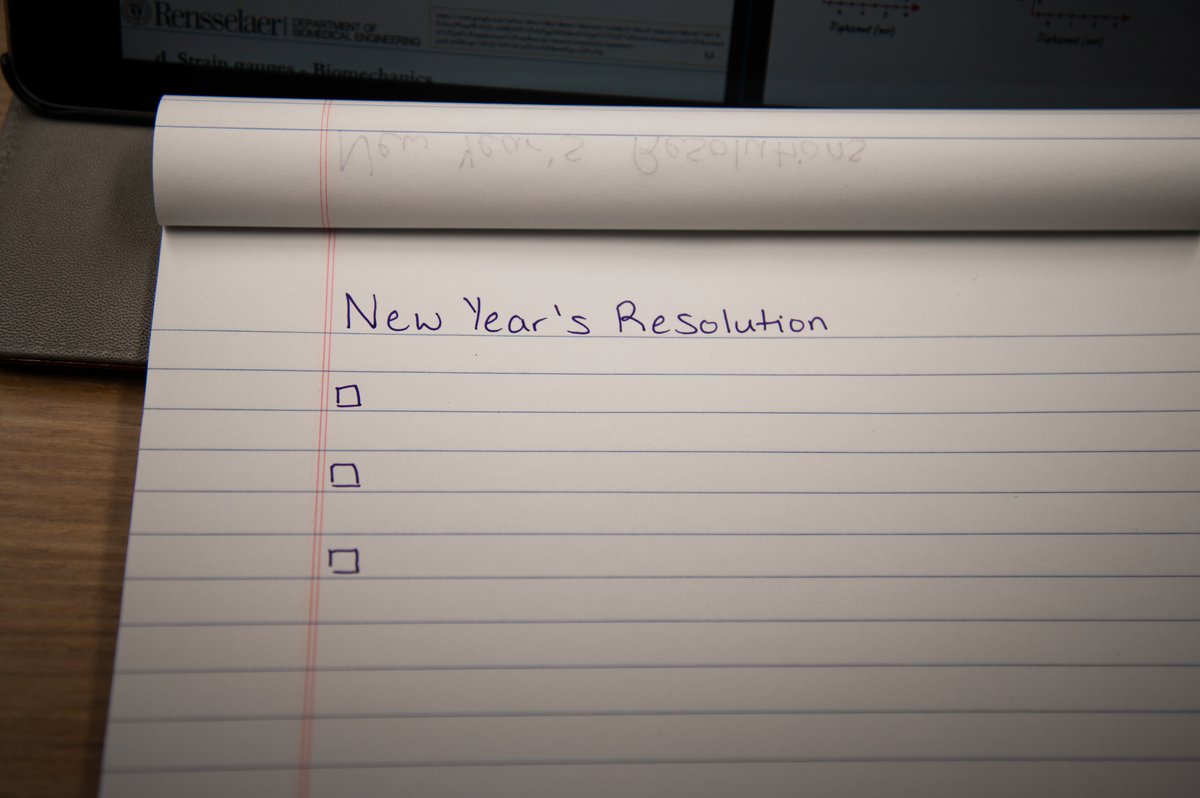The flaw in New Year’s resolutions

Every year since I was little, I’ve always made New Year’s resolutions. My lists included the usual goals such as setting a schedule, running or exercising daily, and staying on top of my homework to avoid procrastination. At the end of the year when the clock turned midnight, I resolved to become a whole new person based off of those resolutions. This mentality would remain for a few days where I would stick to my list religiously. I woke up early, crossed off everything on my list, and for a bit I felt like I was becoming the best version of myself. Unfortunately, this would last a mere few days before everything began to fall apart. Excuses would come up, the snooze button became an addicting option, and I fell further behind in my goal until eventually it faded away. Every year, I made new habits and defined resolutions for myself but they rarely got accomplished. Only within the past few years was I able to put an end to the circle. When 2022 ended and 2023 arrived, I didn’t make any resolutions.
The idea of New Year’s resolutions is a solid concept that means well. Resolutions require thought and consideration to determine what one wants to achieve, and are rooted in the idea of personal growth and development. Anyone can make resolutions at any time, and they serve as a form of self-love and reflection. However, I believe the stress on New Year’s resolutions is given far too much attention. Statistically, less than 8% of people who make New Year’s resolutions continue on with them, and I’m sorry to say I am part of the majority whose resolutions faded out. Society presents the idea of New Year’s resolutions as goals we are expected to reach simply because of the new year, and puts pressure on reaching these goals because we become infatuated with this concept of reinventing ourselves. I would argue the problem lies not in the actual resolutions, but in the way we approach them.
Instead of focusing on one day a year to make enormous changes, New Year’s resolutions should just be called goals. Resolutions hold too much promise and give an impression of an unachievable and unattainable goal. However, the concept of smaller goals make the process seem a bit easier. I’ve found that breaking my goals down into more manageable parts results in me achieving more and, over time, the small goals turn into something bigger. Smaller goals lead to small achievements, which will all contribute to an overall desire to improve. Eventually, goals will turn into habits, which will become a part of a daily routine.
In 2023, by shifting from resolutions to goals, hopefully the goals we have made for so long can finally become reality. Smaller goals will turn into big achievements, improvement will seem a bit closer, and maybe this year, we might all check something off our list.

 GM Week 2024
GM Week 2024